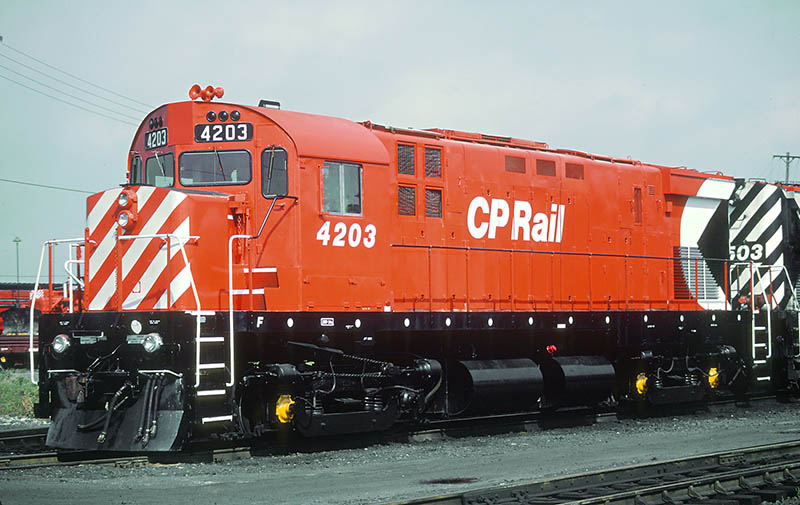A consortium led by Thailand’s largest conglomerate CP Group on Thursday signed a US$7.4 billion (THB224.5 billion) deal to build a high-speed railway connecting three airports, the spine of an infrastructure scheme set to transform the southern coast into a tech hub.
A who’s who of the country’s business and political elite took part in the signing, including construction billionaire-turned-health minister Anutin Charnvirakul, Prime Minister Prayut Chan-o-cha and CP Group’s CEO Suphachai Chearavanont.
His family is Thailand’s richest thanks to its Charoen Pokphand Group — a conglomerate which spans food and telecoms — and its patriarch Dhanin is worth an estimated $17.6 billion according to Forbes.
CP’s 225 billion baht railroad between BKK, DMK, UTP airports approved
Construction magnate Premchai Karnasuta, who was convicted on poaching charges after he was found with a black leopard pelt, is also part of the consortium building the 220-kilometer line.
It will shuttle passengers from Bangkok’s Suvarnabhumi and Don Muang international airports to a third one near the southeast resort city of Pattaya in under an hour.
The high-speed line will also serve as a link to the Eastern Economic Corridor (EEC), an ambitious US$50 billion scheme seeking to attract investment from industries like auto and tech manufacturing.
“It will make the EEC become the extended part of the capital so it is very important for the people and the investors coming in,” Suphachai said, adding it was expected to be completed in five years.
Construction will begin in 12 to 24 months and the government is footing 65% of the 224.5 billion baht ($7.4 billion) deal.
“This (project) is the toughest part because the government is paying money from the budget…. we don’t want to spend it wastefully,” said EEC secretary general Kanit Sangsubhan.
Officials from the Chinese, Italian and Japanese embassies also attended the signing, as China’s Railway Construction Corporation and Japan’s Bank for International Cooperation are part of the consortium.
Chinese embassy officials say it will play a key role in Beijing’s massive Belt and Road initiative.
“It will run through the key economic zones in Thailand and the Chinese company is willing to share technology and equipment,” ambassador Lyu Jian told AFP.
But critics say the deal, partially funded by taxpayers via the national budget, was ushered in by an army-led junta regime linked to business interests.
But Suphachai dismissed criticism of a lack of transparency.
“It took almost a year to negotiate and there was also competition (in the auction),” he told AFP.
Correction: An earlier version of this story misattributed a quote about where the railway would run to Deng Peipei. It was in fact Chinese Ambassador Lyu Jian.




